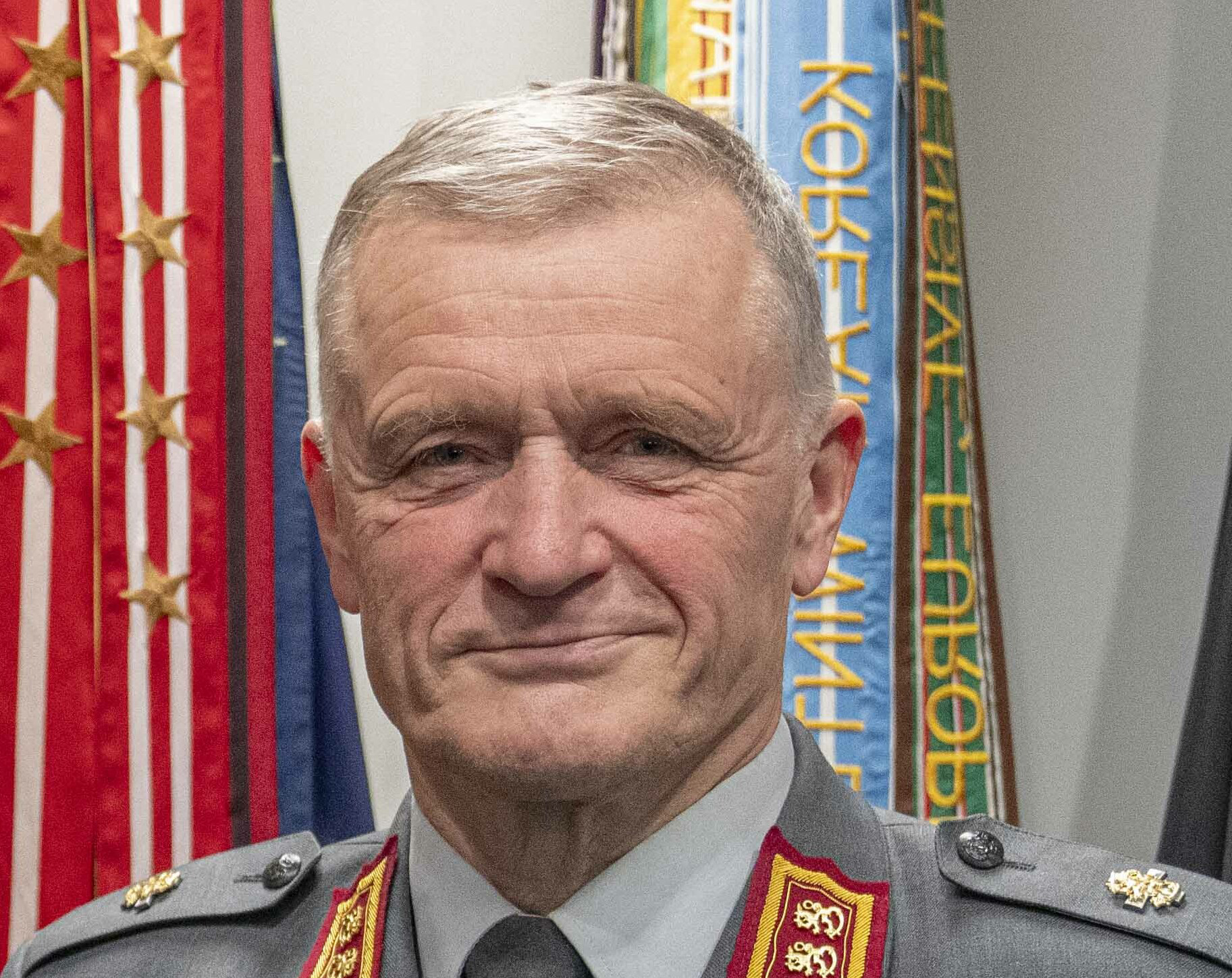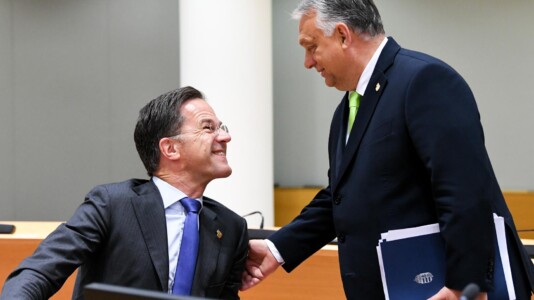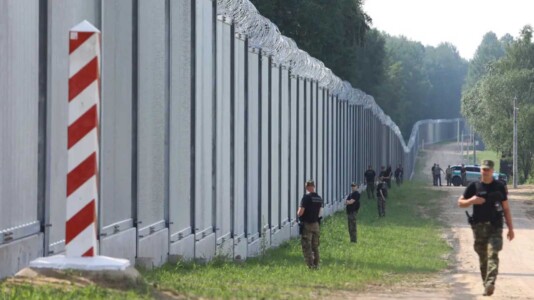Spending 2 percent of GDP on defense is not enough for Europe, says the commander of the Finnish Defense Forces, General Timo Kivinen. According to Kivinen, European countries need to increase their defense budgets and expand the capacity of their defense industries. The general made the remarks at the opening of the 248th defense training course in Helsinki on Monday.
Europe needs to do more for its own security, Kivinen said, adding that investments in the defense industry are also a prerequisite for long-term support for Ukraine.
“It seems to me that the 2 percent of GDP defense spending level agreed by NATO countries will not be enough to cover all that Europe needs to do,” the general said. The speech was Kivinen’s last opening address at the defense course, as he will retire at the end of this month and be replaced by Lieutenant-General Janne Jaakkola as commander of the Finnish Defense Forces. Jaakkola was appointed by outgoing Finnish President Sauli Niinistö at the end of January.
According to Kivinen, world history is going through a transition period similar to the end of the Cold War, after which the world’s security situation improved, but now the world is moving in the opposite direction.
“China and Russia, which have grown stronger over the last few decades, are dissatisfied with the U.S.-led Western-dominated world order and are trying to shape the world’s security architecture to their liking from their own starting points,” he said.
In his view, “Such periods of transition have been accompanied in the past by conflicts and wars, the outcome of which will partly determine the weight and position of the great powers and their alliances in the new world order of the era.”
Kivinen urged European countries to act quickly because he believes Ukraine needs immediate support. The general also urged the EU to issue a directive on military mobility, which would allow EU countries to improve the mobility of troops and equipment within the bloc.





